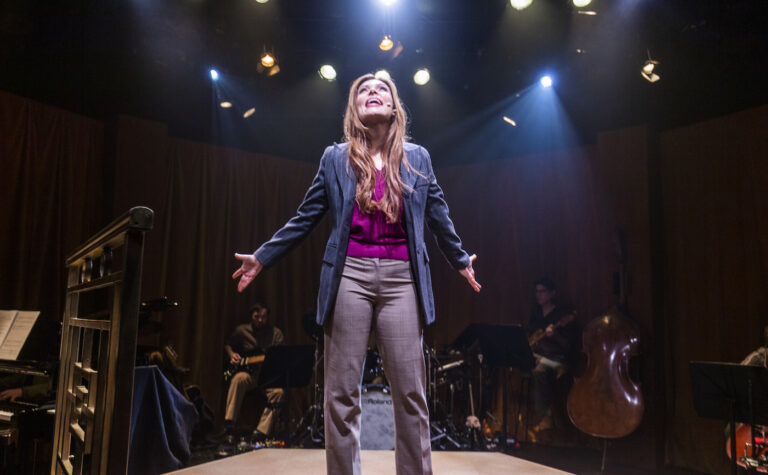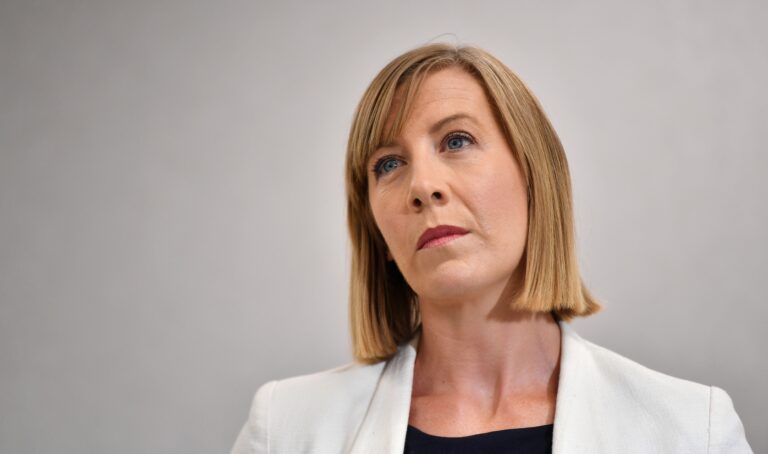
Government announces political donations reform

By Jessica Rapana
Politicians caught evading donations laws or breaking electoral funding rules will face harsher penalties following the Premier’s announcement of new legislation to be put in place for the 2015 state election.
Dodging donations laws will be punishable by up to 10 years imprisonment, while penalties for breaking funding laws will be doubled to four years imprisonment and fines up to $44,000.
“This package sends the strongest possible message to all current and prospective political candidates – comply with the law or face up to 10 years in jail,” Mr Baird said.
Other changes included the time frame for prosecutions being extended to 10 years, donations caps reduced, parties compelled to declare any donations before the 2015 election, taxpayer funding for parties based on votes received and cuts to Union spending on campaigns.
The package follows an interim report released last week by an expert panel established by the Premier to advise the government on political donations.
The report recommended real-time disclosure of political donations, increased penalties, compliance and enforcement, and better education for electoral candidates.
The panel, chaired by Kerry Schott, recommended against retrospective laws and full taxpayer funded elections.
Labor leader John Robertson said the opposition had serious concerns about the Premier’s refusal to apply the laws retrospectively.
“This means Mike Baird and the Liberal Party are giving a get out of gaol free card to any MP found guilty of breaking the law at the last election,” he said.
He said he was also disappointed with the government’s lack of consultation on the matter – despite having written to the Premier shortly after he took office and offering to work with the government on reforms.
The Premier’s legislation coincides with the Greens’ own bill on the issue, which was set to be introduced by MP Jamie Parker.
Mr Parker’s bill proposes to increase the requirements on disclosure of political donations, reduce the amount an individual can donate, reduce the overall amount that can be spent on elections and increase criminal sanctions for electoral fraud.
Mr Parker said while the Greens have been campaigning for donation reform for years, the recent exposures by the Independent Commission Against Corruption (ICAC) had brought the issue to the political fore.
“The current state of New South Wales politics, as identified by ICAC, is a miserable corruption-filled place.”
“It is pretty clear that there are systemic problems here in NSW that need to be fixed.”
Mr Parker said the expert panel report echoed many of the Greens’ concerns.
“A lot of our concerns have been taken up by the committee of inquiry because they’re sensible and they go to the heart of challenging corruption, which is endemic in the state,” he said.
The report failed to address some key issues, including the size of political donations, he said.
Donations are currently capped at $5700 for parties and $2400 for candidates.
“We think the total sum of donations allowed should be made a lot smaller, and we’re supporting as low as $500.”
“We think it should be small enough so as not to influence a political party,” he said.
If the Greens’ bill had been successful, the public would have had absolute transparency about donations, and the amount received would be drastically reduced, Mr Parker said.
Greens MP Jenny Leong said Mr Parker’s bill demonstrated what the Greens believed needed to be done to start cleaning up politics in NSW.
“The Greens are the ones with the track record on this – we are the ones that can try and introduce something that will see a genuine influence in shifting away from dodgy and toxic influences in our parliaments,” she said.
“I think it’s really clear that we need to clean up politics in NSW – we need to stop the corruption.”
Independent MP Alex Greenwich expressed some concerns about the potential consequences any reform would have on independent candidates.
He had met with the expert panel, made submissions and sought to meet with the Premier to go through his specific concerns ahead of any legislation, he said.
“The interim legislation… has not had any public scrutiny and there has been no public consultation with independents whatsoever,” he said.
“So I’d like to see that the Premier, Labour Party and the Greens commit to consulting with independents and minor parties before supporting any legislation which could stack the deck against us.”
Mr Greenwich said he strongly supported the recommendations made by the expert panel.
He also supported what he had seen and discussed of Mr Parker’s bill, he said.









